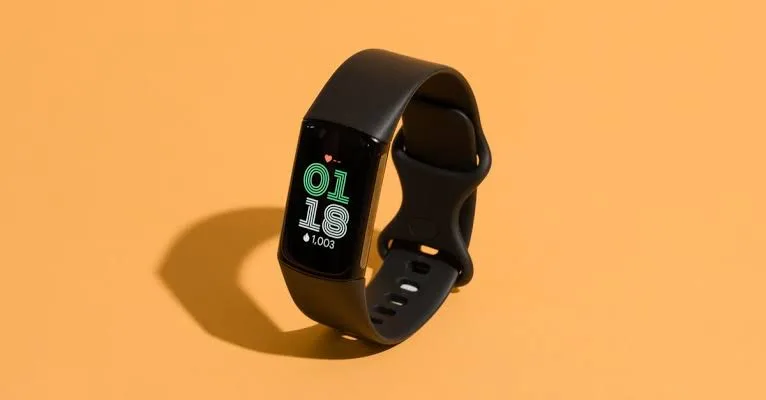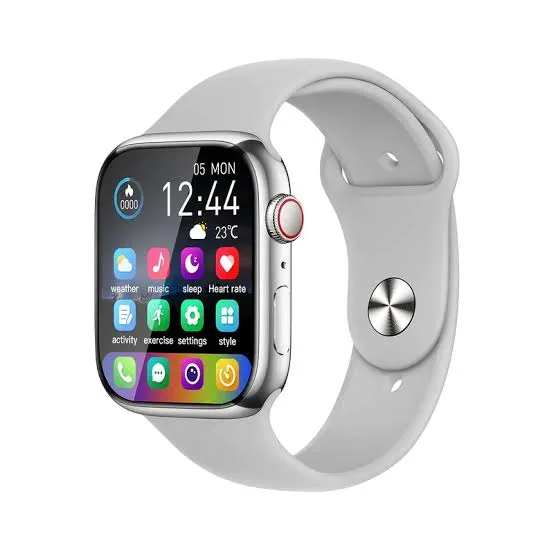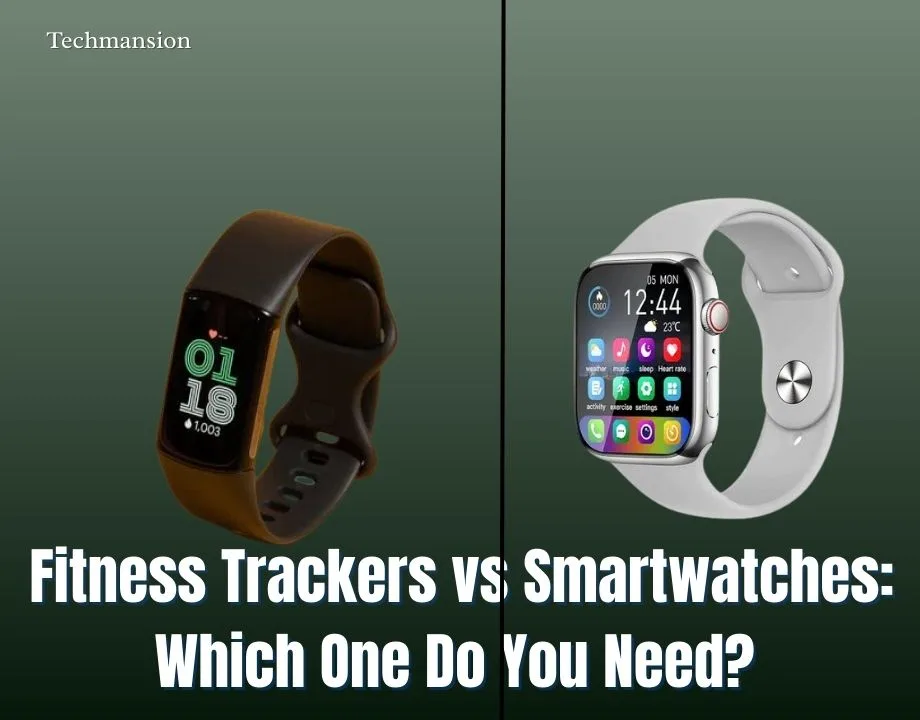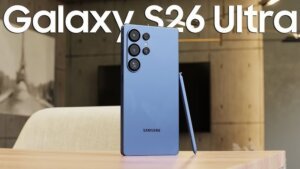Technology has changed how we live, and one area where it’s having the most impact is health and lifestyle. Whether you’re trying to lose weight, stay active, monitor your heart rate, or simply want a stylish wearable, you’ve probably thought about buying either a fitness tracker or a smartwatch. But here’s the challenge: when you walk into a store or browse online, the options are endless. Some devices look almost the same, yet they serve different purposes. That’s where the big question comes in: Fitness Trackers vs Smartwatches – which one do you really need?
In this article, I’ll help you break it down clearly, so you understand the difference, the benefits, and which one matches your lifestyle, goals, and even budget.
Understanding Fitness Trackers

A fitness tracker is mostly used to track your physical activity and health statistics. It is a digital fitness coach on your wrist. The majority of trackers have the following features:
- Step counting
- Distance tracking
- Cardiac monitoring
- Sleep tracking
- Calorie burn estimates
Some of the more sophisticated ones even monitors the level of oxygen in the blood and stress. Compact and lightweight by design, popular fitness trackers such as Fitbit Charge, Xiaomi Mi Band, or Huawei Band are designed primarily to serve health-conscious customers.
The crucial aspect is that fitness trackers are easier, cheaper, and have a longer battery life. This is usually sufficient where the primary purpose is to remain active and monitor exercise.
Read Also: Fitbit’s big Wear OS redesign is starting to show up
Understanding Smartwatches

Smartwatch, on the contrary, is a mini-computer on a wrist. Although it is also capable of monitoring your health and workouts, it does more than that. Smartwatches are manufactured to be efficient, connected, and convenient to our life.
They have such features as:
- Call, text, and app notifications
- Control and in some cases storage of music
- Contactless payments (in some regions and depending on the device)
- GPS navigation
- Voice assistance, such as Siri, Google Assistant or Alexa
- Third-party apps (based on brand)
An example is the Apple Watch or Samsung Galaxy Watch, which can not only be used to track a morning run but can also be used to respond to a WhatsApp message, make a grocery purchase, and even identify irregular heart rhythms.
The flipside to this is that smartwatches tend to be more costly and need to be charged regularly (in some cases daily).
Read More: Huawei officially announces two new Watch 5 color options
Fitness Trackers vs Smartwatches: The Key Differences
Here’s where most people get confused. Both devices can track steps and monitor health, but the difference lies in how much more you want from your wearable.
If you only care about health and activity monitoring, fitness trackers give you everything you need at a lower cost.
If you want a blend of fitness and lifestyle features, a smartwatch makes sense, though you’ll pay more and charge more often.
When you hear the debate about Fitness Trackers vs Smartwatches, think of it like comparing a bicycle to a car. A bicycle (fitness tracker) takes you where you want to go efficiently, with fewer costs. A car (smartwatch) gets you there too but comes with extra comfort, speed, and features — at a higher price.
Pain Points: Why This Choice Matters
To most Nigerians, cost and longevity are a priority. You do not want to have a smartwatch that costs you 200k and then the battery expires at midday. On one hand, you do not want to purchase a fitness tracker only to find out that it cannot do what you wanted it to do, such as responding to messages and making calls.
This is the reason why you have to comprehend your lifestyle:
- Fitness tracker is sufficient when you are a student or a young professional whose primary goal is to remain fit and monitor sleep.
- When you are a business person, a tech fanatic, or one who just wants to have all-in-one convenience, then a smartwatch is worth the investment
The Nigerian Market Reality
Fitness trackers are generally more available and budget-friendly in Nigeria, with prices ranging from ₦15,000 – ₦40,000. Brands like Xiaomi, Oraimo, and Huawei offer solid options.
Smartwatches, especially premium ones like the Apple Watch Series or Samsung Galaxy Watch, can go from ₦120,000 – ₦400,000 depending on the model. Local brands like Oraimo and Zepp also offer budget smartwatches for ₦30,000 – ₦80,000, though they don’t have all the premium features.
So when you’re choosing, it’s not just about features — it’s also about how much you’re willing to spend.
So, Which Should You Choose?
At the end of the day, the debate of Fitness Trackers vs Smartwatches boils down to your goals, budget, and lifestyle:
- Choose a fitness tracker if: you want affordability, longer battery life, and a health-focused device.
- Choose a smartwatch if: you want all-in-one convenience, connectivity, and don’t mind paying more for advanced features.
The good news is that both options will improve your life in some way. It’s not about which one is better overall, but which one is better for you.
Final Thoughts
Technology should serve you, not the other way around. Whether you go for a fitness tracker or a smartwatch, remember that the real goal is to improve your lifestyle, health, and productivity. Think of your daily needs, your budget, and how much convenience you want on your wrist.
In the end, you don’t just want to buy a device — you want to make an investment that truly fits your life.




